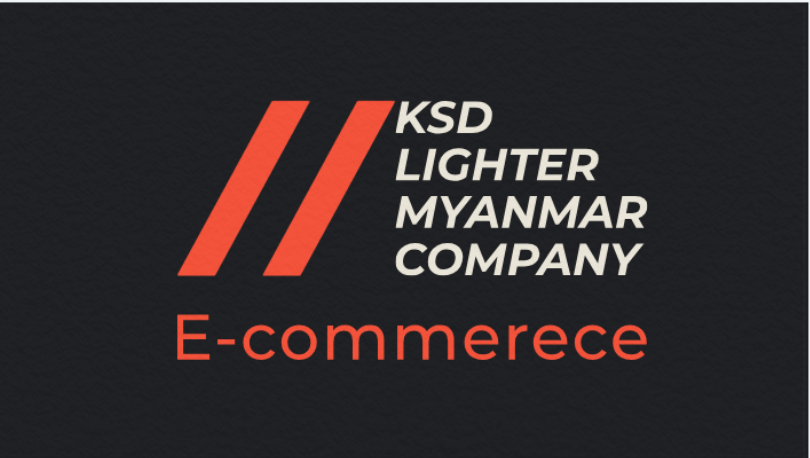In today’s digital age, having a strong online presence is crucial for businesses of all sizes. One of the first steps in establishing this presence is creating a website. While hiring a professional web designer is always an option, many small businesses and individuals prefer to use do-it-yourself (DIY) website builders to save time and money. However, like any tool, DIY website builders come with their own set of pros and cons.
Pros of DIY Website Builders:
1. Cost-effective: One of the most significant advantages of using a DIY website builder is the cost savings. Hiring a professional web designer can be expensive, but DIY website builders often offer affordable monthly subscription plans or even free options.
2. User-friendly: DIY website builders are designed to be user-friendly, even for those with little to no technical expertise. Most platforms offer drag-and-drop functionality, pre-designed templates, and easy-to-use tools, making it simple to create a professional-looking website without the need for coding knowledge.
3. Quick turnaround: With DIY website builders, you can have a website up and running in a matter of hours or days, as opposed to waiting weeks or months for a custom-designed site. This quick turnaround time is especially beneficial for small businesses looking to establish an online presence quickly.
4. Customization options: While DIY website builders offer pre-designed templates, they also allow for a high degree of customization. Users can easily adjust colors, fonts, layouts, and images to create a website that fits their brand and vision.
Cons of DIY Website Builders:
1. Limited functionality: DIY website builders often come with limitations in terms of functionality. While they offer basic features such as contact forms and image galleries, more advanced features like e-commerce capabilities or custom integrations may be lacking.
2. Lack of uniqueness: Because DIY website builders use pre-designed templates, there is a risk that your website may look similar to others in your industry. While customization options are available, achieving a truly unique design may be challenging.
3. Limited scalability: As your business grows, you may find that the limitations of a DIY website builder become more apparent. Adding new features or expanding functionality may require migrating to a different platform or hiring a professional web developer.
4. Support and maintenance: While DIY website builders are user-friendly, they may lack the level of support and maintenance that comes with hiring a professional web designer. If you encounter technical issues or need assistance with your site, you may find yourself on your own.
In conclusion, DIY website builders can be a cost-effective and user-friendly option for individuals and small businesses looking to create a website quickly. However, they come with limitations in terms of functionality, uniqueness, scalability, and support. Before deciding to use a DIY website builder, it’s essential to weigh the pros and cons carefully and consider your long-term goals for your online presence.
For more information on TAKE10 contact us anytime:
KSD Myanmar Store
https://dev-site-1×3054-1.wix-dev-center-test.org/
Yangon, Myanmar
Come explore the future of website development with dev-site-1×3054-1.wix-dev-center-test.org. Discover cutting-edge tools and techniques to create stunning websites that will set you apart from the competition. Join us on this exciting journey towards a better online experience.
